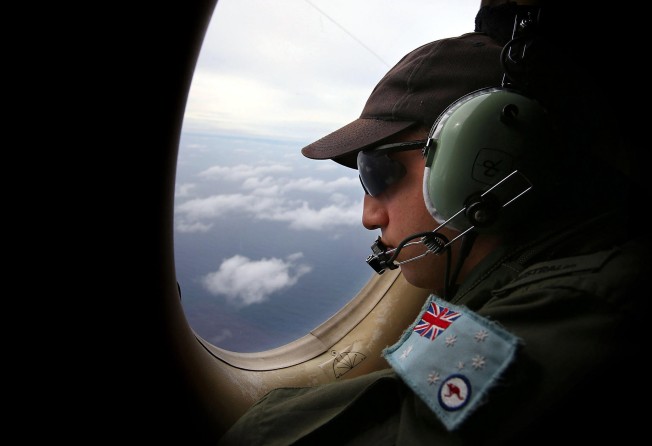MH370 puts UN search agency's protocol to the test

With 26 nations hovering over disputed waters and fragile security zones, the search for MH370 in the southern Indian Ocean seems like a giant game of Risk.
A United Nation's agency is in charge of multi-national search and rescue operations.
But the latest drama has exposed its limits.
Some experts are urging that the rules be changed to ensure countries share accurate data and allow greater access to naval ships searching for wreckage in foreign waters.
MH370's search effort, involving ships and planes from many nations, on the surface looks likes an harmonious exercise. But behind the scenes it has been complicated by sovereignty disputes and worries about sharing sensitive military data.
At stake is the effectiveness of the 70-year-old United Nations' International Civil Aviation Organisation, which defines the protocols of air traffic investigations.
"The incident has exposed how fragile the current joint search and rescue mechanism is," said Oh Ei Sun, a senior fellow at the S. Rajaratnam School of International Studies in Singapore. "The whole saga shows that countries still put national sovereignty and territorial concerns over humanitarian needs. The countries do not want to share data because they don't want others to know about their radar coverage."
Most accident investigations are handled by a country or countries linked with the disaster. Under the ICAO framework, in the case of an accident outside a specific jurisdiction, nations nearest the scene should provide assistance and respond to requests from the country where the plane is registered.
But the UN organisation's mission is vague. It doesn't stipulate what happens when the primary investigating country has little expertise in handling such a disaster, or if and when responsibility for an investigation should be carried by a bigger, better equipped country, perhaps one that has no direct involvement.
Some experts say the magnitude of the MH370 investigation appears to have overwhelmed Malaysian officials. They have given confusing and contradictory information about the flight path and communications with the Boeing 777.
China - home to most of the passengers - has been especially frustrated.
James Fry, an international law expert at the University of Hong Kong, said the UN body should be given a stronger co-ordination role to delegate all or part of the investigation to another country by mutual consent.
"If the state of registry is incompetent in conducting the investigation and is unwilling or unable to delegate the investigation to another state, the ICAO might want to amend the recommended practices to allow for an overriding of the state of registry's powers," he said.
Overshadowing the concerns are the fractured relationships and rivalries of the South East Asian nations. Several nations are at odds with China because it contends that it controls the South China Sea.
India did not allow four Chinese ships to join the hunt in the Andaman and Nicobar archipelago because it does not want old antagonist Beijing's warships "sniffing around", The Times of India reported.
"Many nations have been building up their militaries for territorial integrity, but when accidents happen, effective co-ordination does not happen," Oh said.
Liu Xia, an international relations professor at Shanghai Jiaotong University, wrote in the China Science Daily that China should set up a "joint rescue centre" with its neighbours.
"China has to make some new initiatives in overseas rescue efforts as a major nation and out of consideration of its international strategic needs," Liu wrote.
Oh said revamping the ICAO framework or setting up a joint rescue centre could help boost humanitarian co-operation, but the contentious issue of which nation had bigger influence should be settled.
Usually nations that have invested more money and technology would demand a bigger say, and that could be awkward if China made such a demand in the MH370 case. Many Asian nations are suspicious of China's growing military might.
"A proper mechanism should be put in place to avoid a single nation from having overwhelming influence," Oh said.
David Newbery, an accredited accident investigator with the International Federation of Airline Pilots' Association, said while the search was "politically tricky", the ICAO framework was sufficient.
"The incident is an unusual and unprecedented case and there is no need to change the framework just for this," he said.